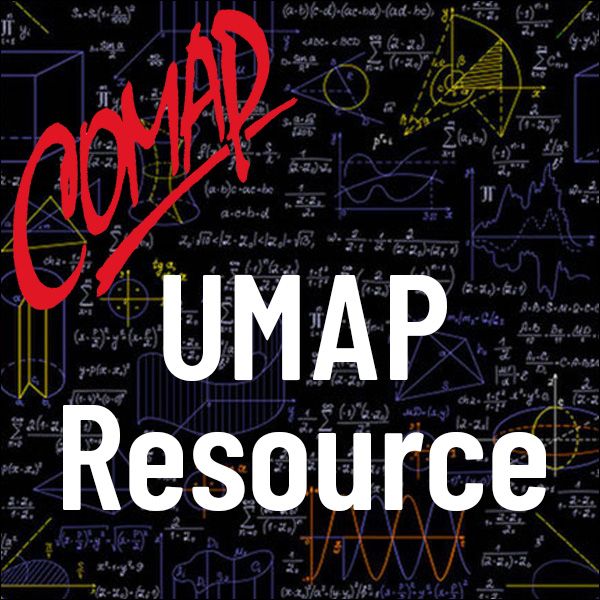Data Detectives: Support for Distance Learning at an Urban Charter School
Author: Paul Isihara
Introduction
My Fall 2020 sophomore-level Python Data Modeling Class had three main goals, all related to service-learning:
• work through a Jupyter Notebook (JNB) lab manual covering basic data modeling methods such as exploratory data analysis, OLS simple and multiple linear regression, Monte Carlo simulation, and machine learning (the manual is freely downloadable; see the Appendix);
• conduct an after-school Zoom computer class using Jupyter Notebooks at a high school for low-to-middle income students living in structurally racialized parts of Chicago; and
• engage in a data-driven service learning with a community organization in a disadvantaged Chicago neighborhood.
This article reports the outcome of this third goal.
In October 2020, the class and I reached out to several community service organizations in low-income Chicago neighborhoods where we had personal connections: a hydroponic farm, an environmental justice organization, two homeless agencies, and a charter school. The last showed interest, due to the fortuitous fact that one of the students, Kiki Rogers, is the daughter of the school's founder.
Moving Everest (ME) is a charter school on the west side of Chicago, whose hallmarks include the delivery of a rigorous and personalized academic program, a focus on holistic education, and the development of strong character. Located in a community area with the city's highest homicide rate, the school opened six years ago with grades K-1 and 180 students and currently has grades K-6 and 635 students. ME plans to keep growing by adding one grade per year to K-8 and 810 students.
In October 2020, the school was operating on a fully-remote learning basis. To help the distance learning process go as smoothly as possible, the school created a new role called Family Navigator (FN). FN duties during the first school quarter in Fall 2020 were shared by more than 20 teaching and support staff. FNs are a re-imagining of the work of certain staff (e.g., instructional assistants, para-professionals, social workers, school nurse, etc.) whose roles were radically changed by COVID-19. FNs provide holistic support for student family need: food insecurity, Internet access, anything that will be a barrier to child learning.
MEbelieves that the services provided by full-time FNs would be a great benefit to their students and families even when resuming in-person instruction. ME decided to seek funding for two full-time FN positions (one elementary, one middle school) to assume FN duties beginning in Fall 2021. The overarching question of concern to ME is whether the role of Family Navigator makes enough of a positive impact on students and families (academically, socially, emotionally, and physically) to warrant such an investment.

Mathematics Topics:
Application Areas:
You must have a Full Membership to download this resource.
If you're already a member, login here.